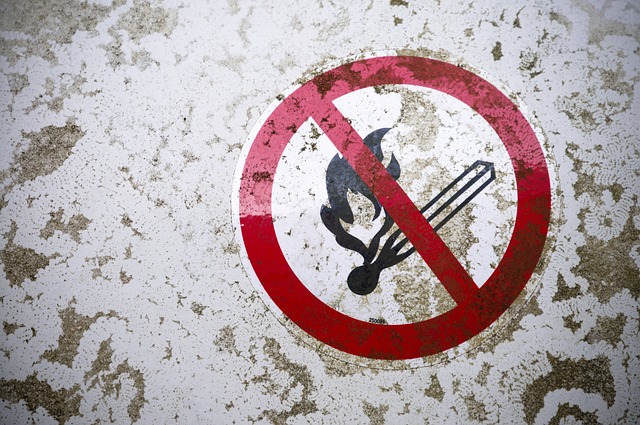Understanding Airaid filter types and their lifespans is crucial for maintaining optimal engine performance and efficiency. Airaid's synthetic filters offer superior flow capabilities and extended lifespans compared to stock or paper filters. Following Airaid's recommended replacement schedule, based on driving conditions, use frequency, and environmental factors, ensures consistent engine health. Regular filter care prevents issues like reduced air intake and power loss, while proper maintenance maximizes equipment lifespan by preventing costly repairs. Inspect filters for damage or significant dirt buildup every 30,000 to 45,000 miles or annually, whichever comes first, to ensure optimal engine performance.
“Uncover the secrets to optimal engine performance with our comprehensive guide on Airaid filter condition assessment. This article equips you with essential knowledge to navigate the world of Airaid filters, their types, and lifespans. We delve into creating a tailored maintenance schedule for timely replacements, ensuring peak efficiency. Learn to recognize subtle signs indicating early filter replacement. By mastering these techniques, you’ll revolutionize your vehicle’s air quality, enhancing its overall health.”
- Understanding Airaid Filter Types and Their Lifespans
- Creating a Maintenance Schedule for Timely Replacements
- Evaluating Filter Condition: Signs for Early Replacement
Understanding Airaid Filter Types and Their Lifespans

Understanding Airaid Filter Types and Their Lifespans is crucial for maintaining optimal engine performance and efficiency. Airaid offers a range of filters designed for specific applications, each with unique characteristics. For instance, their synthetic filters are known for superior flow capabilities and extended lifespans compared to stock or paper filters. Regularly checking the manufacturer’s guidelines is essential; Airaid recommends following a structured filter replacement schedule as part of routine maintenance.
This schedule varies based on factors like driving conditions, frequency of use, and environmental elements. Proper care extends not just the lifespan of your Airaid filter but also ensures consistent engine health. Knowing when to replace your filter can prevent issues related to reduced air intake, power loss, and potential damage to the vehicle’s internal components.
Creating a Maintenance Schedule for Timely Replacements

Maintaining optimal performance and efficiency in your vehicle or machinery starts with a well-planned maintenance strategy, especially when it comes to air filters. Airaid filter replacement schedule maintenance is a proactive approach that ensures your system operates smoothly. Regularly checking and replacing filters as per the manufacturer’s recommendations is key. This simple step can prevent costly breakdowns and enhance overall equipment life.
Creating a structured maintenance schedule allows you to stay on top of filter replacements, ensuring timely changes. It involves setting specific intervals, often based on driving conditions or usage, to evaluate filter condition. By doing so, you can catch any degradation or clogging early on, preventing air restrictions that could harm engine performance.
Evaluating Filter Condition: Signs for Early Replacement

When evaluating the condition of your Airaid filters, there are several clear signs that indicate it’s time for a replacement. Regularly inspect the filter for any visible damage such as rips, tears, or significant build-up of dirt and debris. Over time, these particles can accumulate, reducing airflow and potentially causing damage to your engine. Pay close attention to the filter media itself; if it appears dirty or compressed, it may no longer be effective at trapping contaminants.
Additionally, consider the age of the filter as a crucial factor. Airaid recommends adhering to their replacement schedule, which typically involves replacing filters every 30,000 to 45,000 miles or once a year, whichever comes first. Ignoring these maintenance guidelines can lead to diminished performance and potential engine issues. Keep in mind that extreme driving conditions, such as off-roading or frequent exposure to harsh environments, may expedite filter wear and necessitate earlier replacement according to the Airaid filter replacement schedule.
Maintaining optimal air quality in your vehicle is crucial, and regularly assessing and replacing your Airaid filters is a key aspect of this. By understanding different filter types, their lifespans, and creating a scheduled maintenance routine, you can ensure your vehicle’s engine receives clean, efficient air. Look out for signs indicating early replacement to avoid potential performance issues. With the right approach, you’ll keep your engine running smoothly and extend the life of your Airaid filters, contributing to a more sustainable driving experience. Remember, timely filter replacements are an investment in your vehicle’s health!














